As travel editors and writers in the digital age, we’re at the centre of multi-way conversations – both online and IRL – that shape concepts, generate ideas, and give tangible form to abstract thoughts, notions and points of view. Including those that shed light on emerging travel trends.
Take a conversation we had a few weeks ago, for example, about how AI is helping us plan our trips better than ever before. Based on this discussion, we put the theory to the test: organising a weekend in Greece, using only AI to help us plan. The results were varied but – as the technology seeps further into our day-to-day lives, as well as the way we plan travel – the conversation is important to explore.
Across the Citizen Femme team and our network, similar exchanges take place continuously; ranging from the newest travel and beauty trends, to the fashion brands changing the way we see the world.
Including AI and analogue, sustainability, second cities, personalisation, purpose – and so much more – these are the travel trends we predict to be big in 2024.
Between the Citizen Femme team alone we’ve found ourselves sipping on a whisky sour at a covert jazz bar in the back streets of Osaka, Japan (thanks to TikTok), ordering artisan coffee at a new hipster hangout in Rabat, Morocco (thanks to Instagram), and seeking out hidden bookshops in New York (thanks to Twitter). The #travel hashtag has been posted more than 700 million times on Instagram, and it’s been viewed an incredible 237 billion times on TikTok – with 60 per cent of US Tiktok users admitting their interest in a new destination has been piqued by a post they’ve seen on the app. So, while we’re fairly sure Google won’t run out of favour anytime soon, there’s definitely a competitor in the space and a new, ever-increasing resource for researching upcoming trips. With booking via social becoming a more and more integrated tool too, the impact of these platforms can’t be understated: the world has caught the #traveldiary bug and it’s here to stay.
It’s no exaggeration to say that tech – in its many, varied forms – is changing the way we travel. From behind-the-scenes automation in hotels to social media discoveries that help us better explore a destination, and tech solutions helping nervous fliers. But as we venture into 2024, what we really need to talk about is AI. There are plenty of travel-focussed AI platforms to help you plan a trip; suggesting everything from which hotel you should stay in to what you should see, do and eat while there. So far, so good. But, according to Hope Dowlen, co-founder of travel concierge company, 48 London, there are a “few teething problems” with AI such as the fact that they “often seem as though they are competitive on pricing, however don’t always give the full picture.” Dowlen continues to say that she feels “human to human relationships and attention to detail cannot be rivalled.” Having recently planned a weekend break in Athens, Greece, using ChatGPT, we agree. Armed with a list of AI-generated attractions for the city, we found that our hotel butler gave far more interesting, relevant and timely suggestions. However, with tech changing so quickly, who knows how such tools will look and perform in a few years’ time. Watch this space.
AI what? Instagram who? Counteracting all the tech-heavy initiatives that are rapidly changing the travel industry is a growing pushback. Finland has introduced the world’s first phone-free island – Ulko-Tammio – in an effort to help visitors really take in and enjoy the beauty the island has to offer. Phones are allowed on the island, but anyone arriving will be asked to keep them tucked away in a bag or pocket until they leave. Hotels such as Pine Cliffs in the Algarve have a digital detox retreat where they take your phone away upon arrival and, with a more serious approach, companies such as FLTO have introduced phone-free travel itineraries to places including Iceland and Tuscany, Havana and Costa Rica. On these (up to week-long) trips, phones are entirely banned and are replaced with printed maps and instructions to ask for directions and recommendations from staff at hotels and cafés – or even from strangers on the street. Digital cameras are allowed, but they’d prefer you use a disposable film camera. We’re not sure whether this very-online team of digital journalists could do it, but we’d be up for the challenge.
Forget what you think you know about solo travel. The genre has had an upgrade: no longer reserved for young wanderers on a budget, it’s becoming ever-more popular with more mature, female travellers – travelling either entirely solo or joining groups of other, like-minded women. Jennifer Haddow of Wild Woman Expeditions tells us that in her 33 years of running the company, she is today seeing “a huge rise in women travellers in the 50-70 age group, especially on big bucket list adventures, like Antarctica and Egypt.” Amanda Black, founder of The Solo Female Traveler Network agrees, stating that she has “been seeing an increase in women over 50 booking tours,” and continuing to explain that women of that age “are often starting a new chapter of their lives – perhaps recent empty nesters or new retirees – and are looking for their next phase of life.” Helen Gill, a solo female traveller, aged 61, echoes the sentiment, telling us that “after raising two children who have now left home, I’m excited to get out; to explore new places that I didn’t have the opportunity to see before.” But, not only is this new demographic changing perceptions of who is typically a solo female traveller, they’re changing how the genre is travelling, too. Forget outdated notions of solo travellers looking for cheap stays in basic hostels, the new iteration is often choosing to see the world in luxury. As Helen says, “travelling alone forces me out of my comfort zone but gives me confidence, and it helps knowing that I can come back to the safety and comfort of a luxury hotel.”
Biohacking, holistic healing, medical fitness, sleep tourism. If you haven’t yet heard of at least one or more of these terms, get ready to in 2024, as wellness travel ups the ante. Citizen Femme’s beauty editor, Becki Murray, states that biohacking, aka any technique that enhances your physical or mental performance, is “one of the beauty and wellness industry’s biggest buzzwords for 2024,” and that it’s therefore “no surprise that leading wellness resorts, including Longevity hotel in the Algarve and Clinique la Prairie in Switzerland, have supercharged their age-proofing programmes.”What should you expect if you visit? “The latest technologies include infrared domes, nootropics (brain-boosting supplements), genetic profiling, personalised detox and fasting protocols,” says Becki, each “designed to make you instantly better (in terms of sleep, weight-loss and stress relief), while also helping you achieve long-term results.” Scientifically-proven ways to manage stress and get better sleep? We predict this will be a trend that outlasts 2024, way into countless subsequent years.
Who doesn’t need more sleep these days? Wellness tourism is on the rise, and sleep therapy is a big part of it. In 2024 and beyond, expect to see more and more hotels offering proven, science-backed methods of improving the way we rest. How does it work? It differs, but expect anything from consultations with a resident sleep doctor, such as at Six Senses Ibiza, to tranquility and sleep enhancing programmes, such as those at Marbella Club. It’s not all so taxing though; there are plenty of traditional wellness therapies on offer too, including massage, aromatherapy baths and sound healing. Relaxation is often the key to a good night’s sleep, and how better than letting someone else take care of all the sleep-inducing details for you? These are some of our favourites. With the overstimulation we’re all currently exposed to, including screen time for work, social media and the constant ping of Whatsapp, it’s no surprise that getting some zzz’s – or at least some peace and quiet – will be top of our collective agendas next year.
If a good night’s sleep, slow travel or a digital detox simply aren’t enough to help you get back to, well you, then consider astrotourism. Megan Eaves, travel writer and editor at DarkSky International tells us that “travelling to enjoy natural dark skies is a growing trend.” As for the reasons, Megan reveals that “light pollution is growing at 10 per cent every year and it affects our health and disturbs our sleep,” continuing to say that “most people now live in urban areas, and are seeking the perspective offered by a view of the cosmos, and the nervous-system reset provided by switching off and sleeping in natural darkness.” Much like many wellness locations are increasing their offerings to enhance physical wellbeing, many are starting to include astrotourism (star, moon, planet and aurora-spotting) as a key part of their activity rosters, too. According to Megan, the locations leading the astrotourism way include “northern Britain and County Mayo in Ireland, Chile, New Zealand, southwest USA and Namibia,” each with “lush places to sleep under the stars and unique activities that take in the beauty and heritage of the night sky.”
A quick mention of refillable water bottles or reducing linen service won’t cut it any more as savvy travellers, who care about their impact on the world, consider hotel options. Design Hotels recently found that “43 per cent of people state that a hotel’s sustainability credentials are important to them,” while Booking.com’s 2023 Sustainability Report states that “three-quarters of respondents said they want to go on holiday with a lower carbon footprint.” Many hotels, such as The Brando, now include sustainability tours of their resorts – highlighting the exact inner eco-workings of their properties – to eager guests wanting to find out more. Slow travel is another way to be more conscious about your impact. Positive changes to make include: taking over land or over sea transport (train, car or boat); staying in destinations for longer (Google searches for this have increased by 68 per cent from 2018 to 2023); making more informed hotel or destination decisions; plus eating locally and seasonally. These companies are worth considering, and there’s lots of other sustainable travel and lifestyle tips here too. With research showing that 75 per cent of travellers are willing to pay more to travel responsibly, this is less a trend, and more a way of life.
If it’s not clear from Beyoncé’s sell-out concerts and dedicated Swifties travelling miles upon miles to her shows, music tourism is on the rise. According to Amadeus data, “flight searches to Athens, Greece, increased by 62 per cent” in the week Coldplay announced their 2024 concert in the Greek capital. Skyscanner agrees, revealing data to support that “a third of UK travellers would fly short haul to see their favourite artist live.” Explaining further, Laura Lindsay, SkyScanner’s Travel Trends and Destination Expert tells us that “scoring tickets to see favourite artists with a few days in a new city is seeing savvy travellers get under the skin of new places and take experiential travel to new levels.” Likewise, 40 per cent of respondents to a recent Expedia survey said they would’ “travel for a concert as an excuse to visit a new place.” Perhaps it’s the recent pandemic years, where concerts and travel were considered two of the worst things we could do, that have made combining the two so appealing.
Unless you’ve been living under a well-sheltered rock or, perhaps a Sensi Studio wide-brimmed straw hat, you won’t have failed to see the rise in fashion brands taking over beach clubs during summer 2023. But, as Citizen Femme’s Fashion Editor, Gemma Louise Deeks explains, “luxury fashion brands have been venturing into hospitality for decades, with iconic names such as Versace, Bulgari and Armani opening hotels worldwide as consumers seek lifestyle experiences from their favourite brands.” Beach clubs as an evolution, then, should come as no surprise – and in 2023 alone, we’ve seen Missoni at One&Only in the Maldives, Dolce & Gabbana at Casa Amor on the Cote D’Azure and Dior at Shellona in Saint Tropez, to name just a few. “This helps brands gain more awareness and captivate their audience,” Gemma highlights, continuing to say that it works well “because travellers often want to share their holiday photos on social media; being pictured at a Dior-branded beach club is less about displays of wealth and more for aesthetic purposes, providing luxury lifestyle content.” What’s next for fashion takeovers? We’re already seeing them take place in ski resorts – such as Gucci’s 2023 ski season takeover at Courchevel 1850 – and are likely to see more snowy takeovers in 2024.
Not exactly a new trend – we included it in our 2023 travel trends list too – but set-jetting is a trend that is here to stay. And Expedia has the stats to back it up. The release of Wednesday on Netflix saw a 150 per cent increase in travel searches for Romania on their platform, and searches for ‘Chicago’ increased by 45 per cent following the first season of The Bear. But it goes beyond this: locations featured within popular shows are also seeing an increase in visits. Eric Parker from Visit West Hollywood tells us that local businesses showcased in popular shows are seeing an uptick of visitors – citing Gracias Madre, a restaurant that featured in The Real Housewives, as enjoying “an influx in travellers and awareness from being featured,” as well as revealing that the Oppenheim Group Real Estate office, made famous across seven seasons of Selling Sunset, has “seen such an influx of fans that there are posted signs to ‘stay away from glass’ to avoid smudging on the windows.”
In her book Getting Away From It All: Vacations and Identity, the author and sociologist Karen Stein writes that “vacations reveal what people choose to do, rather than what they must do. They are opportunities for self-definition.” This, combined with an ever-growing and ever-more important focus on sustainability as we travel, might be why more of us are choosing to use our precious holiday time to do something that gives back to the destinations we visit. Duncan Grossart, Founder of Journeys With Purpose – a Certified B Corp – tells us that they “continue to experience increasing demand for travel experiences that demonstrate real positive impact,” adding that this could be “a quiet moment in the forest in Romania where guests find themselves alone with the sound of wolves howling in the distance, or a day tracking in Kenya with the country’s only all-female anti-poaching squad.” With bird-tracking in Belize, conservation projects in Sri Lanka and the shadowing of a conservationist in South Africa on the company’s 2024 agenda, we’re adding more meaningful travel firmly to both our travel trends list and our travel wish list.
Steering away from the most famous destinations or capital cities is the key message here. As far as second cities go – visit Bruges, not Brussels. Glasgow, not Edinburgh. Osaka, not Tokyo. The reasons are plentiful: less tourists, more authenticity, protection of well-trodden destinations – and you can get more for your money in most of them too. But have you heard of a ‘destination dupe’? Like the TikTok trend, the idea of a destination dupe, a term coined by Expedia, is to visit a place that has all the same characteristics of the original – but that offers many of the same benefits of a second city. Expedia has noted more than double the searches for some destination dupes on their platform, with people swapping Nashville for Memphis, Lisbon for Palermo, and Sydney for Perth. We have a few more to add to the list: swap Santorini for Milos, Galle for Ahangama, and Barbados for Grenada.
With a wealth of information at our tech-savvy fingertips, personalisation of travel is not just becoming ever-more popular but has become increasingly integral to travellers’ plans. With a few quick searches and swipes we can see exactly what any one country or destination has to offer, as well as lots of helpful tips on how to book it according to our own likes, needs and wants. According to Visa, consumers found “a growing level of confidence and comfort with buying even big-ticket items online” during the pandemic, and can now “research, plan, and book the elements of a trip more efficiently and independently.” It tracks then, that Visa also found only 16 per cent of travellers today prefer all-inclusive breaks, while 58 per cent book everything separately. Likewise, hotels and other guest services will become ever-more personalised as they lean into tech to anticipate guest preferences. Greeting you by name is one thing, but if your hotel is doing things right in 2024, they’ll make sure there’s just the right level of softness in the pillow on your bed, that your room temperature is set to your preference, and have your favourite bottle of wine waiting on the nightstand.
‘Vibe’ is a fairly self-explanatory – though somewhat elusive – term. What constitutes a vibe differs from person to person – perhaps it’s the seduction of this Parisian hotel or the cool and aesthetically-pleasing design focus of this one. Having dug through their data, Hotels.com have identified a 1,090 per cent rise in the word ‘vibe’ in their reviews over a four-year period, with some of the most mentioned ‘vibes’ including modern, retro, hip, artsy and vintage. While the rise in reviews including the word can be largely attributed to the word itself bubbling up in popular culture, that by no means negates the fact travellers are looking for ‘vibes’ wherever they visit. Perhaps we always have been, but now we have a snappy word to sum it up. Either way, here’s to good vibes in 2024.
We may earn a commission if you buy something from any affiliate links on our site.

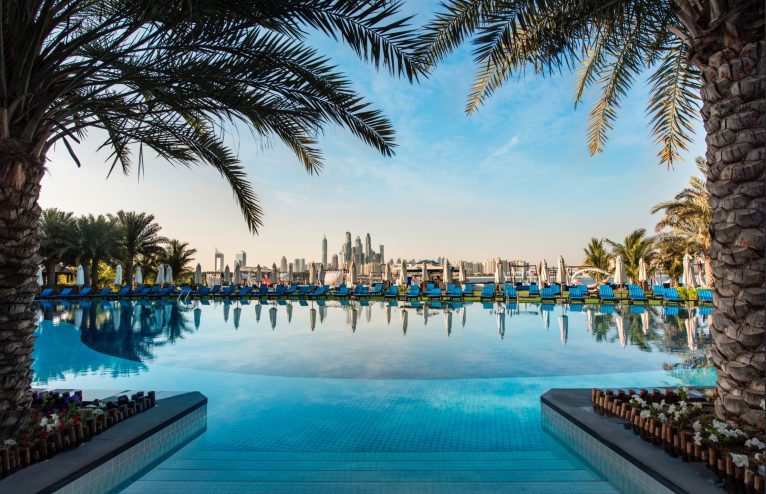







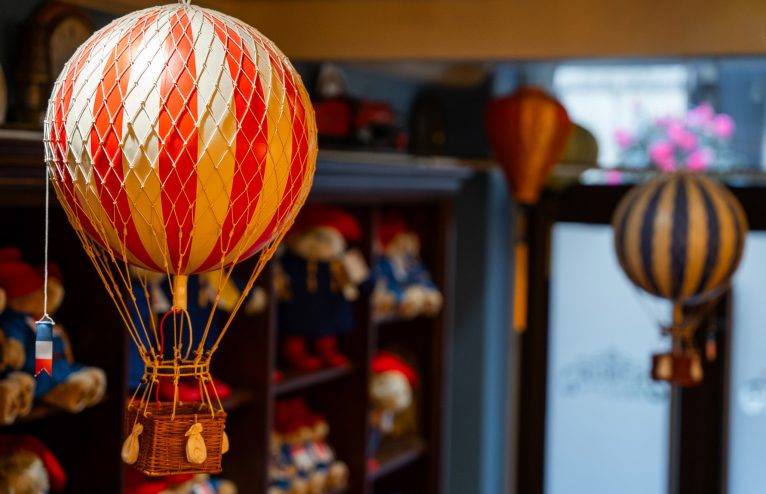

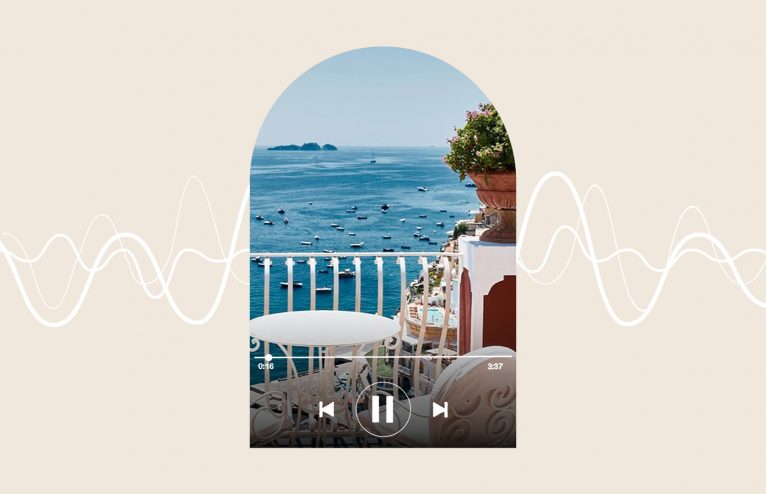
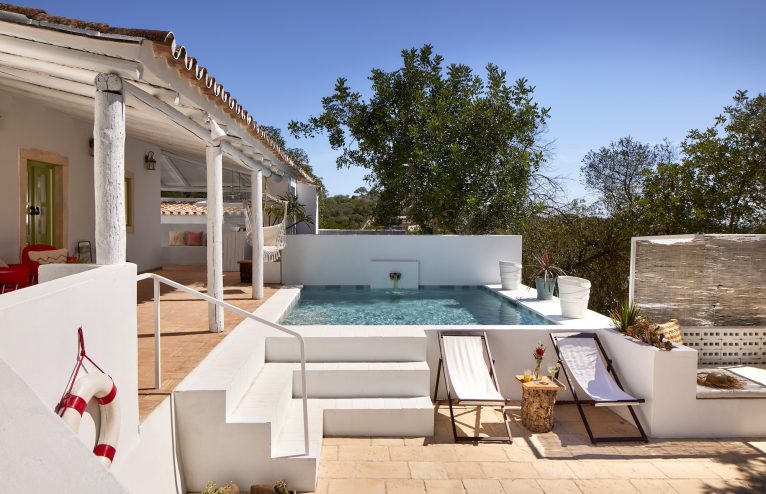
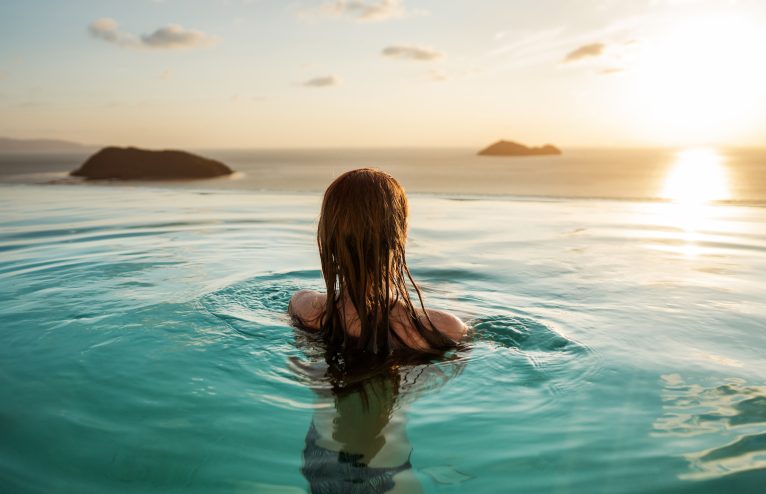

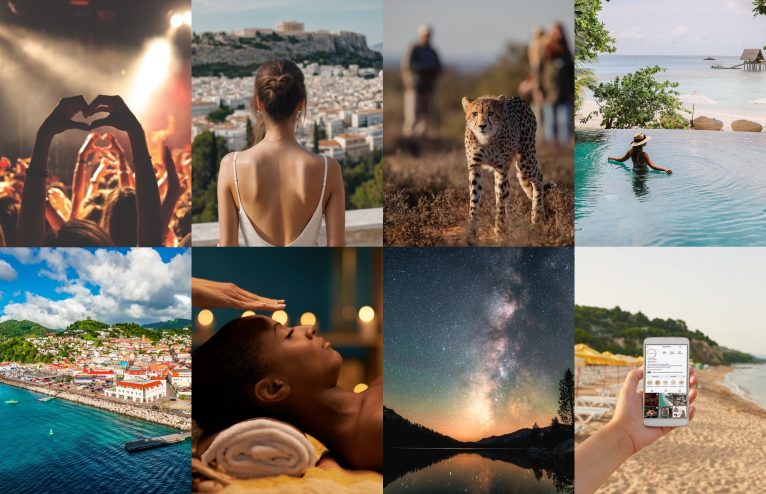
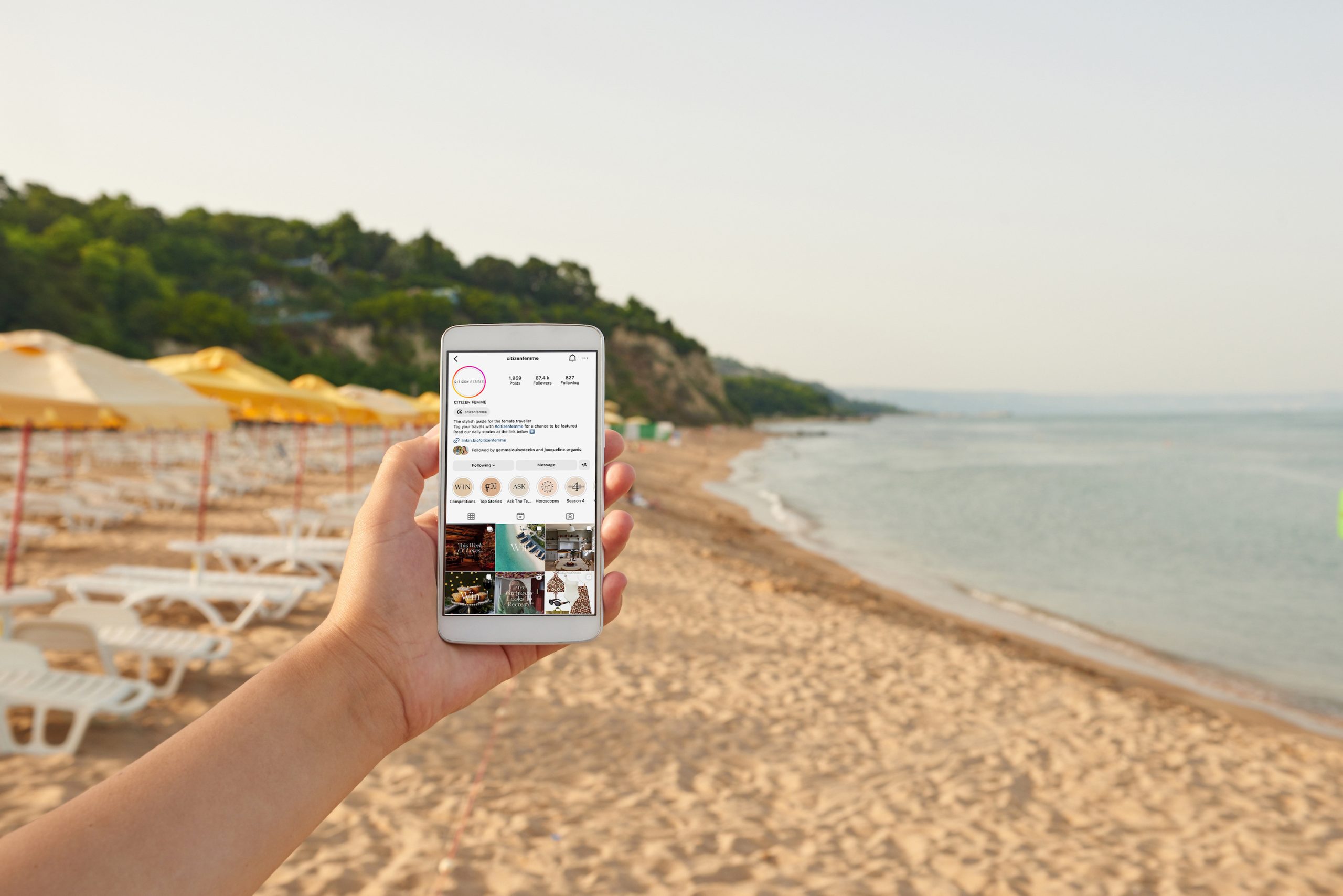


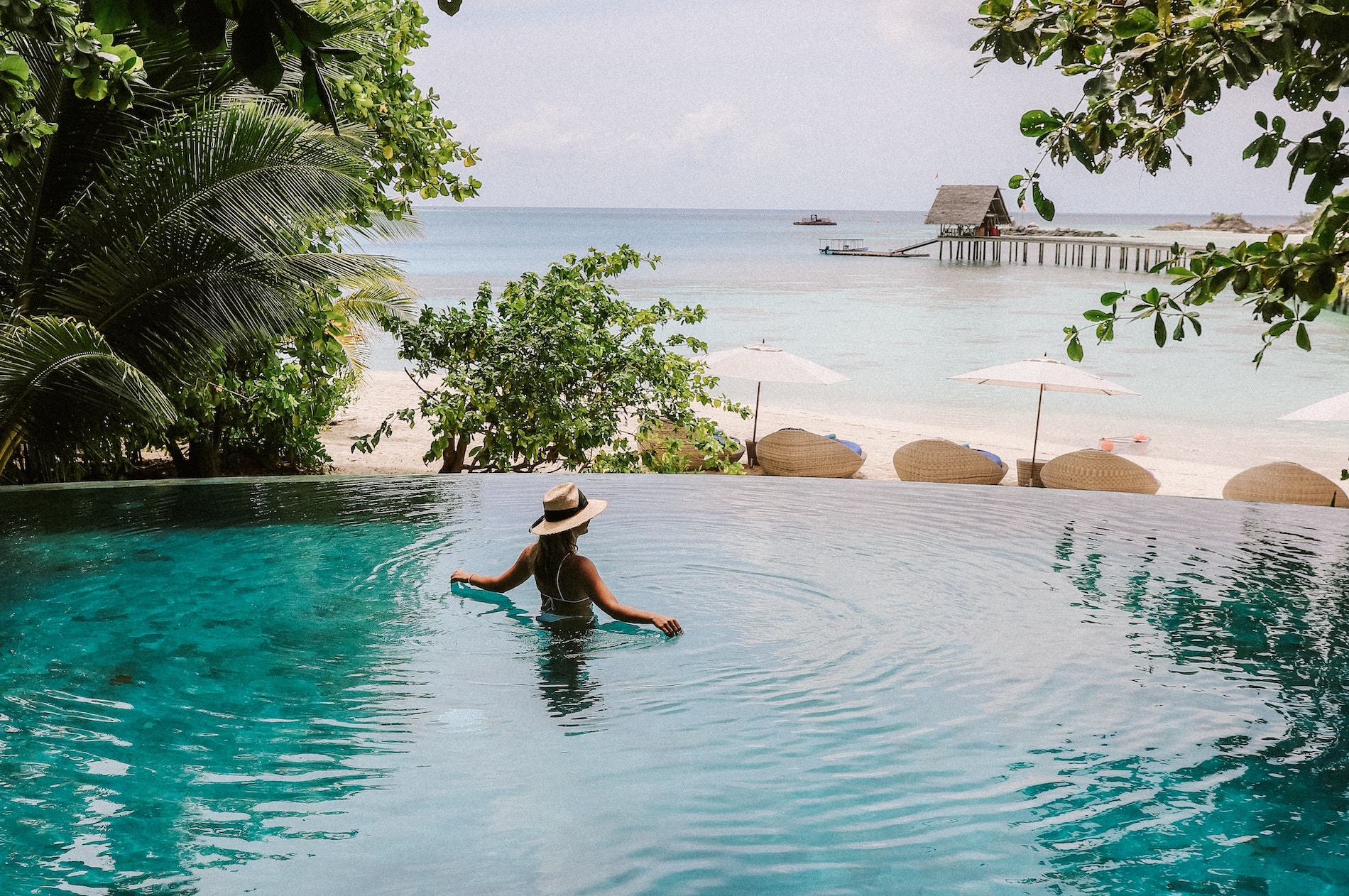
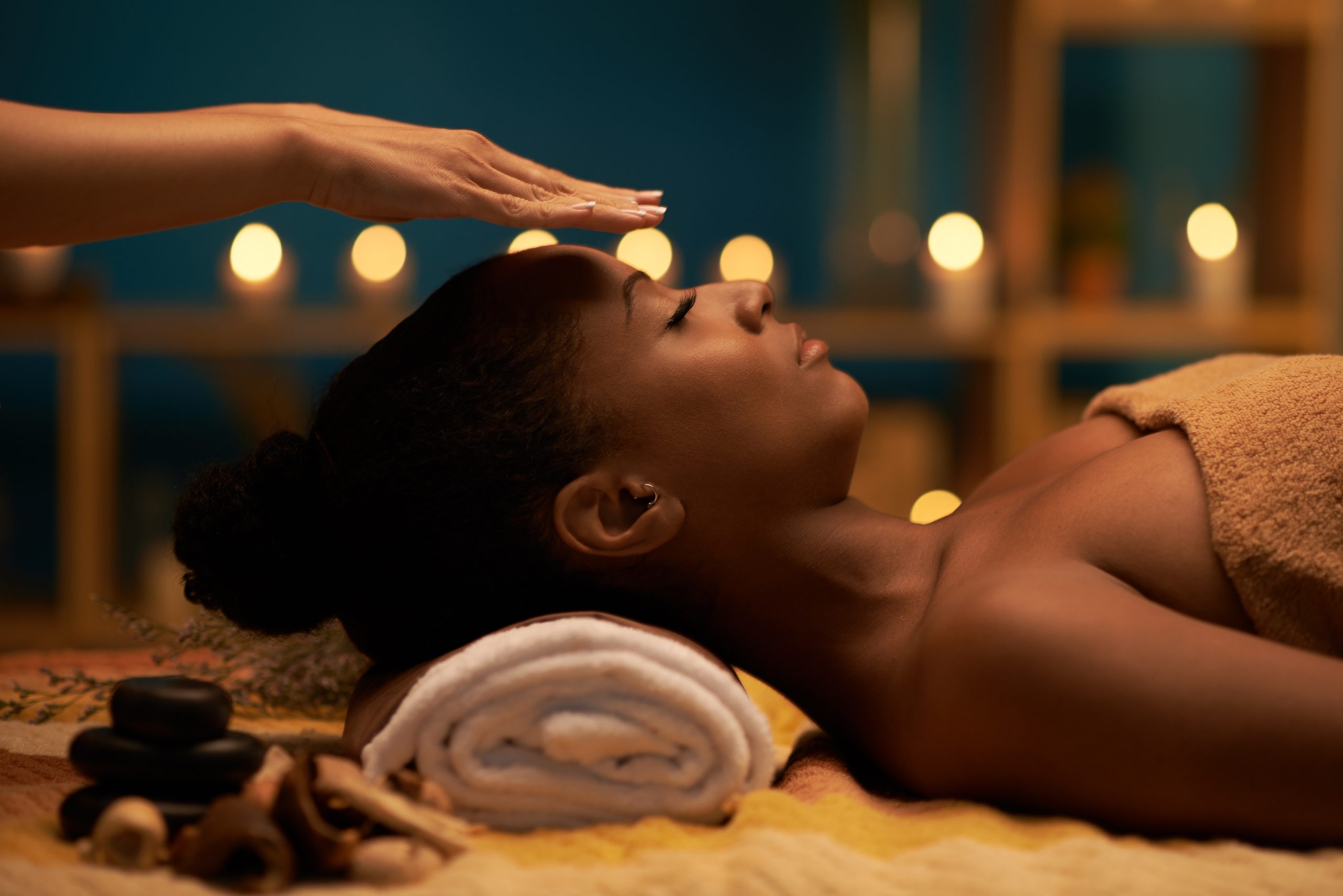

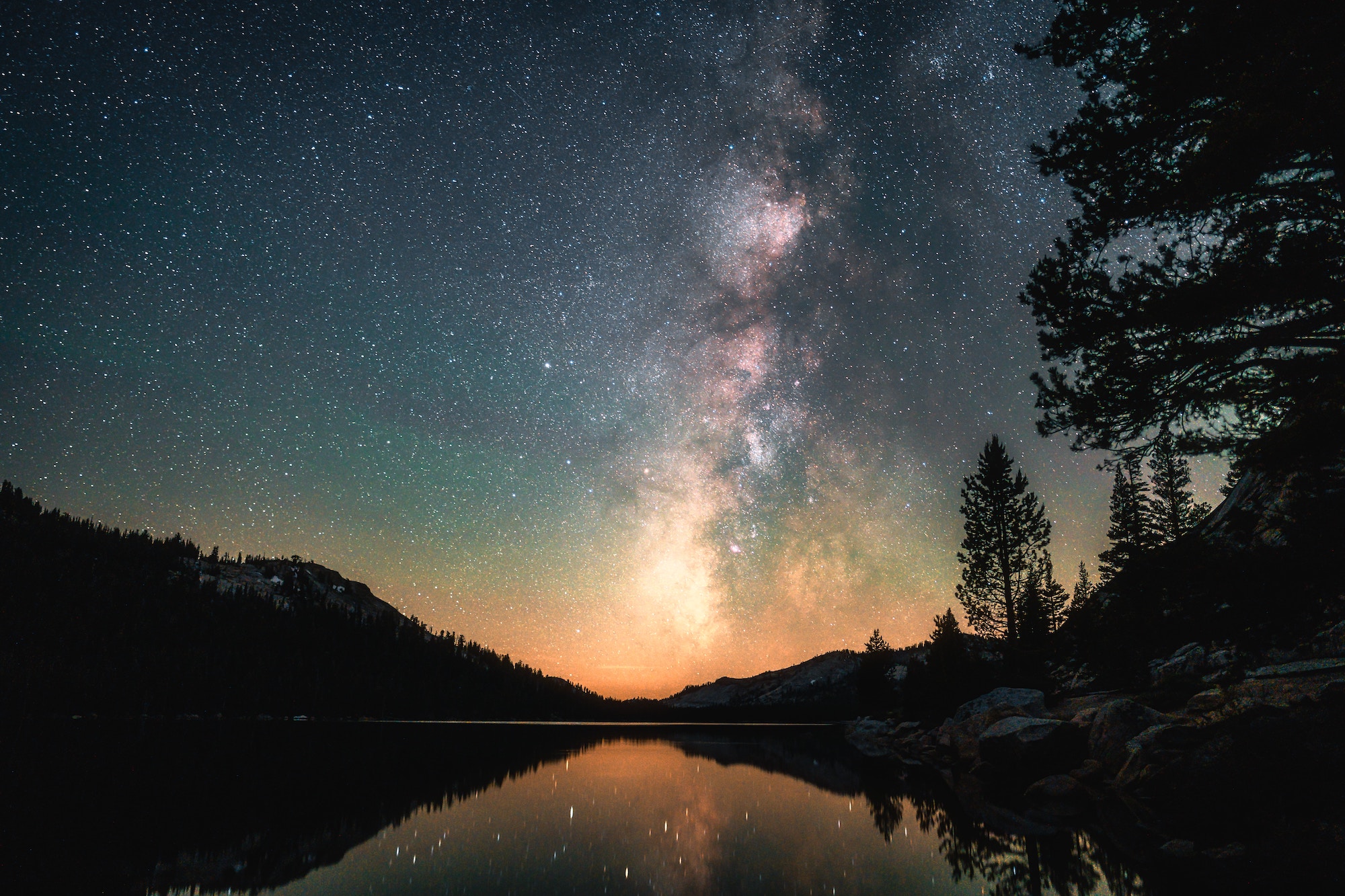



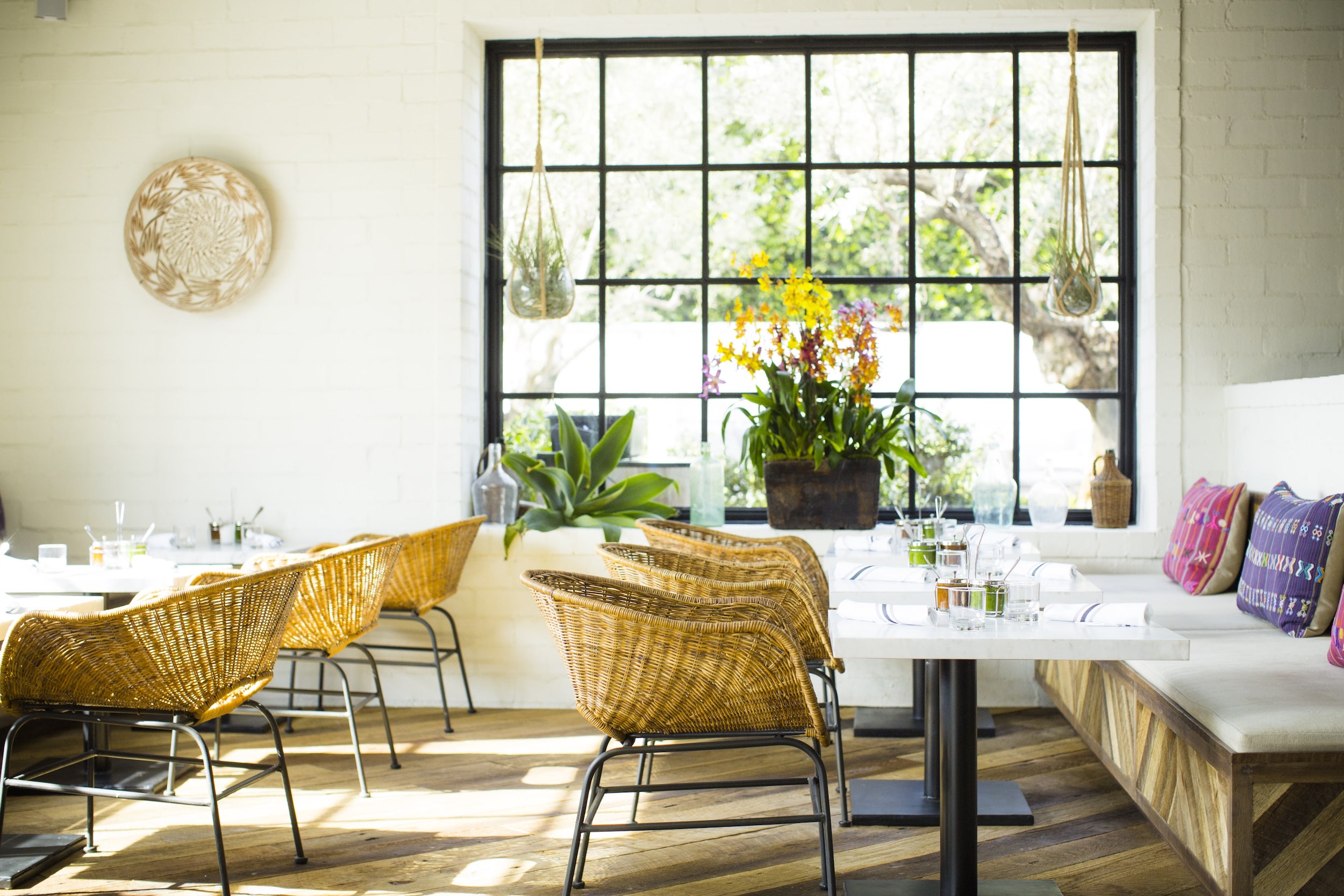
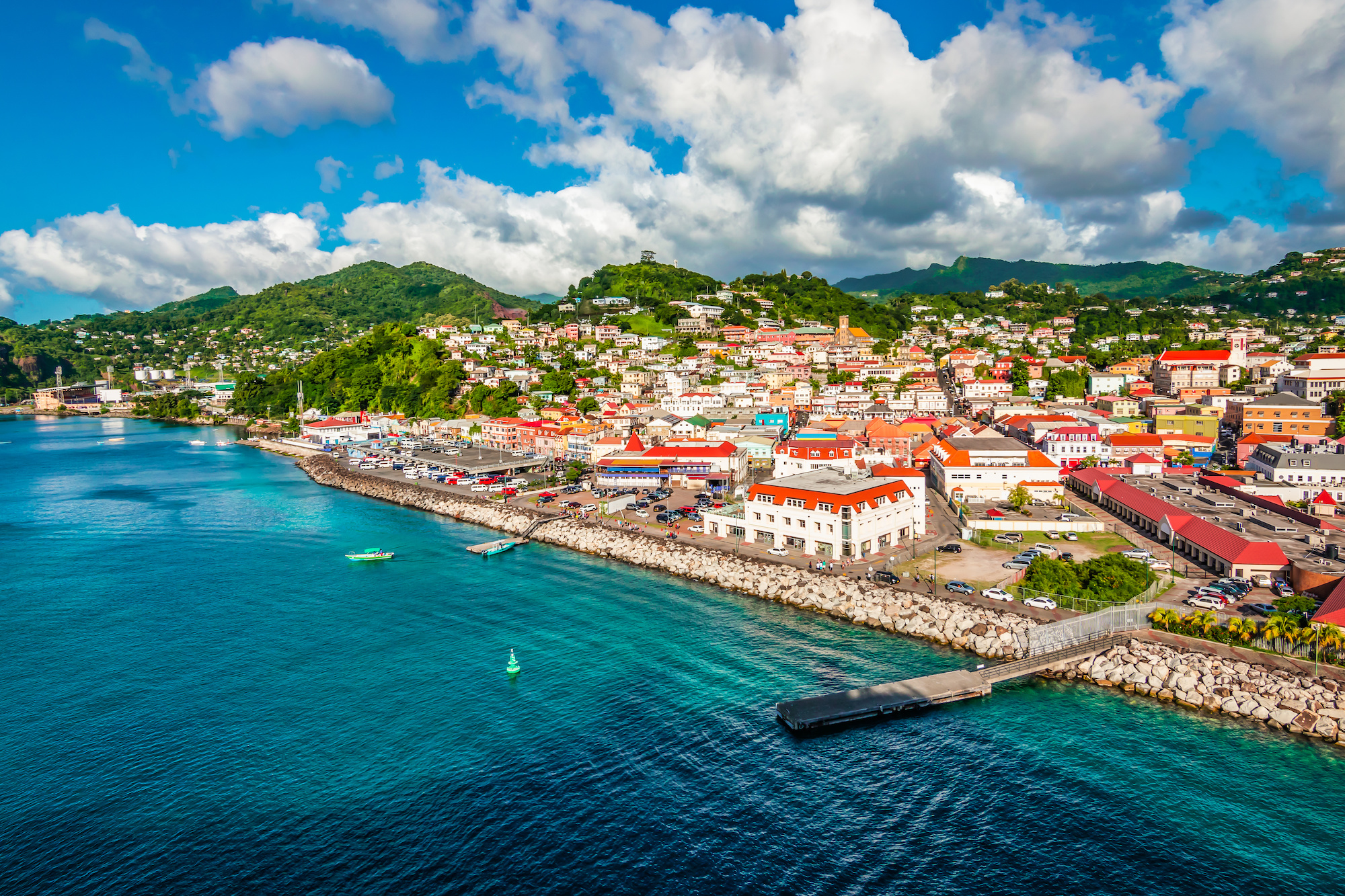
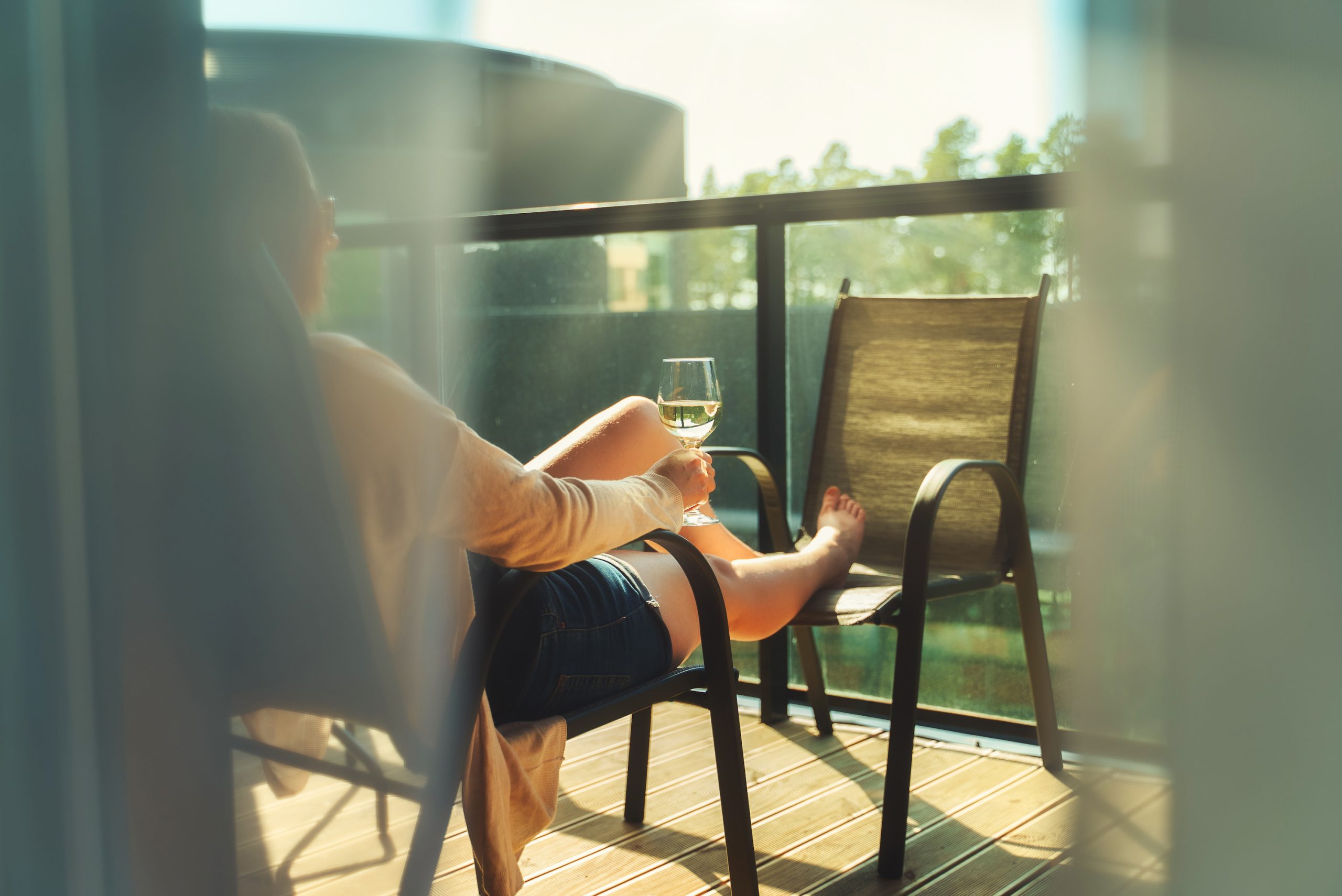

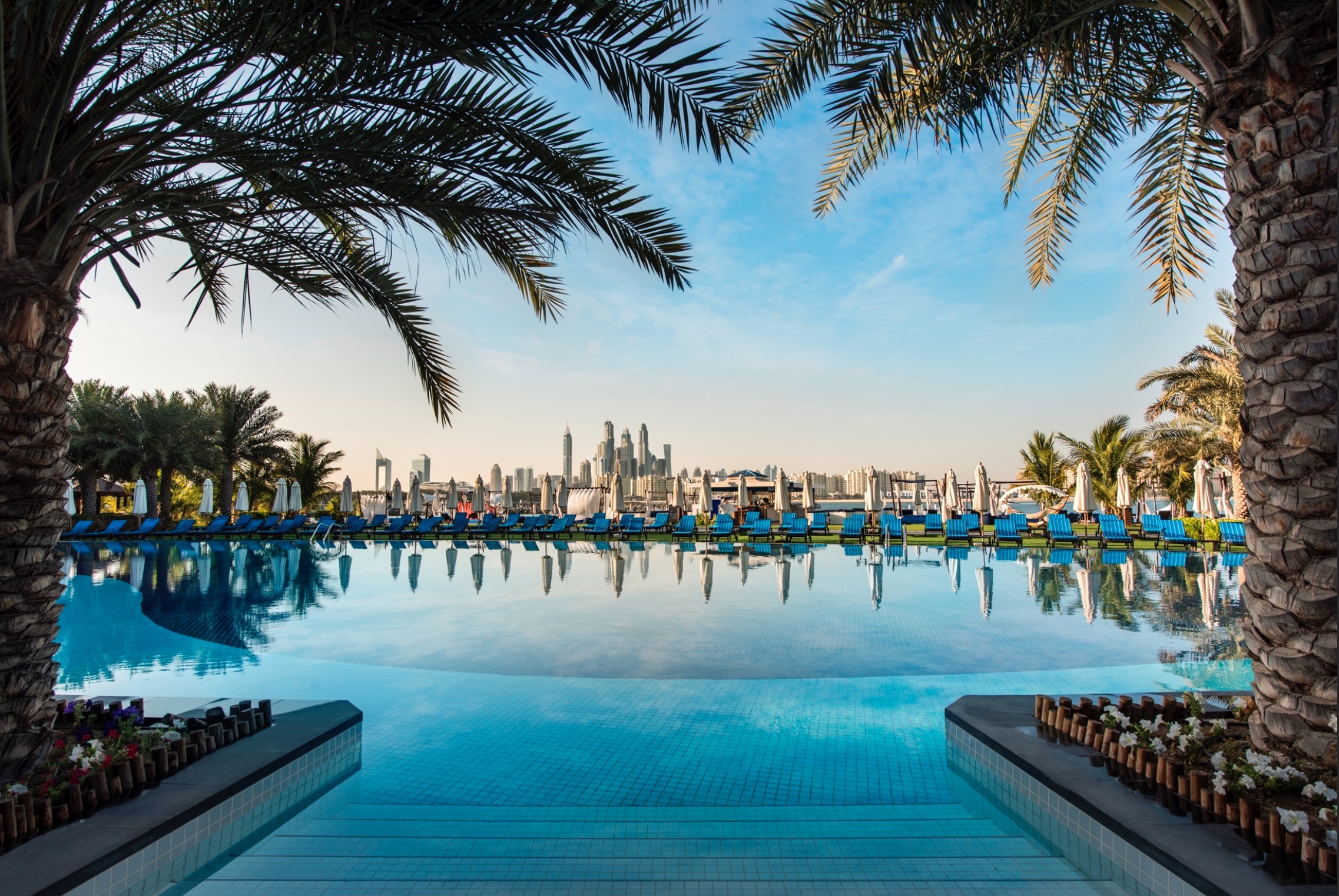



Any Questions or Tips to add?